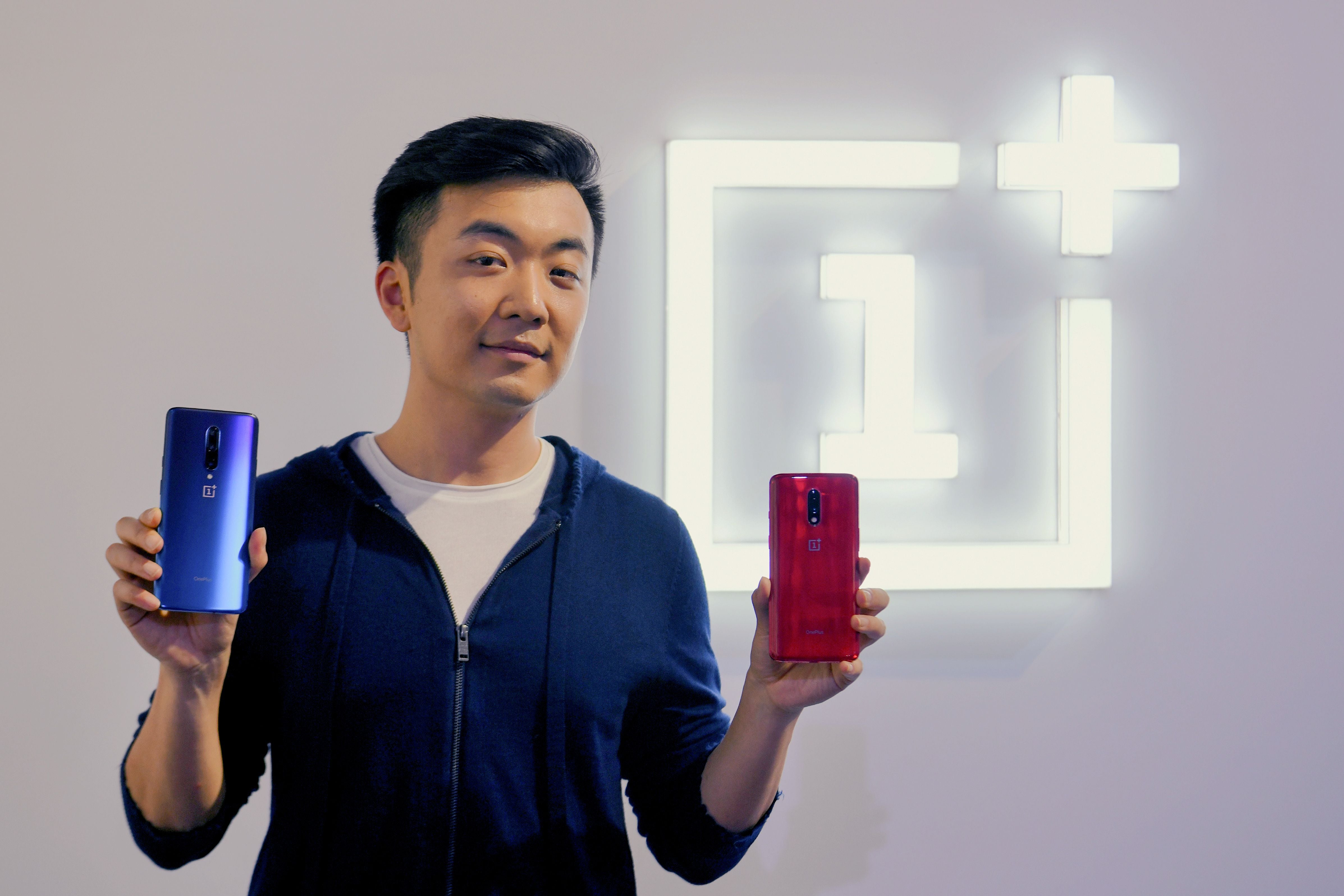OnePlus throttled over 300 Android apps to get better battery life on its phones without telling users
GeekBench delisted both the OnePlus 9 and 9 Pro from its Android Benchmark Chart as a result

Your support helps us to tell the story
From reproductive rights to climate change to Big Tech, The Independent is on the ground when the story is developing. Whether it's investigating the financials of Elon Musk's pro-Trump PAC or producing our latest documentary, 'The A Word', which shines a light on the American women fighting for reproductive rights, we know how important it is to parse out the facts from the messaging.
At such a critical moment in US history, we need reporters on the ground. Your donation allows us to keep sending journalists to speak to both sides of the story.
The Independent is trusted by Americans across the entire political spectrum. And unlike many other quality news outlets, we choose not to lock Americans out of our reporting and analysis with paywalls. We believe quality journalism should be available to everyone, paid for by those who can afford it.
Your support makes all the difference.Smartphone manufacturer OnePlus has admitted to throttling the performance of over 300 Android apps in order to optimise battery life on the OnePlus 9 and 9 Pro devices.
A report from AnAndTech found that the real-life performance of a number of apps including Chrome, Twitter, Instagram, Office, Zoom, YouTube, TikTok, Discord and Strava was being limited.
“We have detected that OnePlus is blacklisting popular applications away from the its fastest cores, causing slow down in typical workloads such as web browsing. We have confirmed that (a) benchmarks or (b) unknown apps get full performance; most of the top popular non-benchmark apps get notably reduced performance”, AnAndTech’s Andrei Frumusanu wrote.
“This is perhaps to improve battery life at the expense of performance, but it does mean that the regular benchmark results are somewhat useless for user experience.”
This is not the first time that smartphone companies have limited performance of apps in order to improve battery life. Apple infamously had to apologise for slowing down older iPhone 6 models without informing users to improve battery life.
The smartphone giant was fined €25 million (£21m) for secretly slowing down the devices, imposed by France’s competition and fraud watchdog.
Samsung was also sued for cheating at benchmarks for the Galaxy S4, and was forced to pay out $13.4 million as a result.
As a result of OnePlus’ actions, GeekBench delisted both the OnePlus 9 and 9 Pro from its Android Benchmark Chart.
“Our top priority is always delivering a great user experience with our products, based in part on acting quickly on important user feedback. Following the launch of the OnePlus 9 and 9 Pro in March, some users told us about some areas where we could improve the devices’ battery life and heat management”, a OnePlus spokesperson said in a statement.
“As a result of this feedback, our R&D team has been working over the past few months to optimize the devices’ performance when using many of the most popular apps, including Chrome, by matching the app’s processor requirements with the most appropriate power. This has helped to provide a smooth experience while reducing power consumption.
“While this may impact the devices’ performance in some benchmarking apps, our focus as always is to do what we can to improve the performance of the device for our users.”
Join our commenting forum
Join thought-provoking conversations, follow other Independent readers and see their replies
Comments